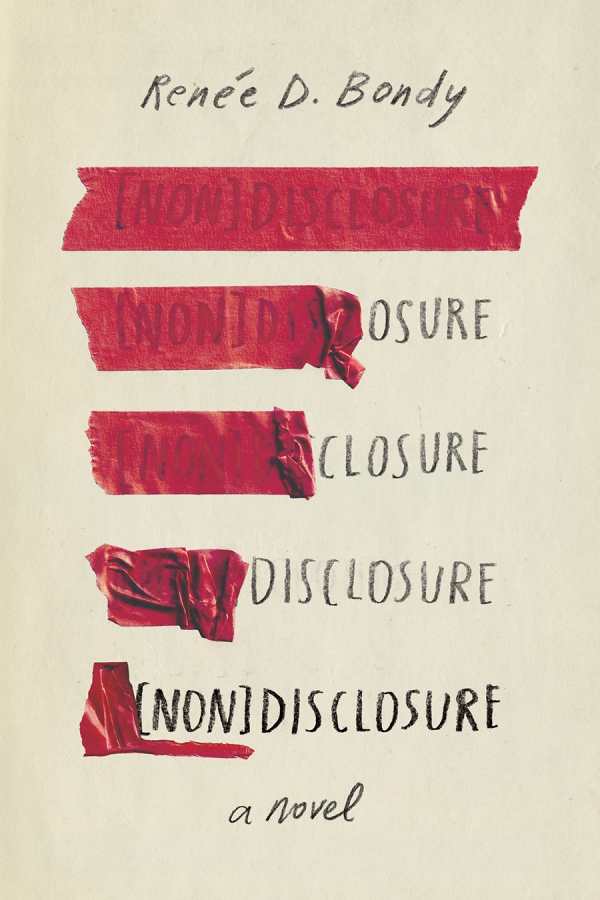[non]disclosure
In Renée D. Bondy’s historical novel about clerical sexual abuse, [non]disclosure, a survivor finds the courage to tell her story.
As a girl at a Catholic school, the unnamed narrator is taught that the reward for confession is no less than Jesus. When she tells her parents about their priest’s sexually abusive behavior toward her, they tell the bishop; he has the priest transferred for his “miscommunication.” Later, while caring for her friend, Neil, and many others who are sick with AIDS, she keeps quiet about her abuse. But then a news report about the priest unearths her memories. With help, she confronts him in her own words—in court.
The narrator’s quiet wariness sets the book’s tone and runs counter to the order emphasized in school scenes, which are dominated by a disciplinarian nun. The narrator’s home life is also overshadowed by her happy-go-lucky sister. Later, a feisty nurse and her punk-rock partner make space for the narrator to cultivate the courage to express herself, showing how circumstances can either hinder or help survivors to come forward.
Indeed, the book is atmospheric when it comes to conveying the ambiance of the narrator’s church, school, and home environments. Her maintained anonymity and later, protective atmospheres make it easier for her to share her truths while still concealing more private details. Still, some information slips through, as about the taste she associates with worship, her close attention to photographs, and her first dinner out with Neil. She is a compelling lead. Beyond her are descriptions of the culture of secrets that made her vulnerable; such reflections begin many of the book’s chapters.
Dedicated to survivors at large, the novel [non]disclosure follows a survivor as she advocates for fellow abuse survivors in an intimate way.
Reviewed by
Mari Carlson
Disclosure: This article is not an endorsement, but a review. The publisher of this book provided free copies of the book to have their book reviewed by a professional reviewer. No fee was paid by the publisher for this review. Foreword Reviews only recommends books that we love. Foreword Magazine, Inc. is disclosing this in accordance with the Federal Trade Commission’s 16 CFR, Part 255.

